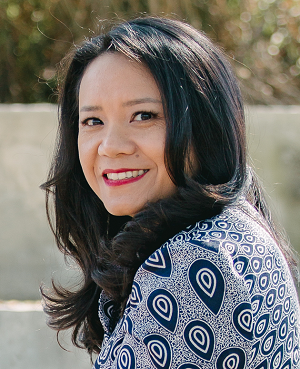About the video
In this Open Studio on Climate Change & AI: Community, Feminism and Data, Pyrou Chung challenges the dominant narratives around climate change and AI. Breaking down how lack of access to resources and denial of rights to self-determination of land perpetuate colonialist agendas for indigenous communities in Asia and especially for women, and how technology-facilitated gender-based violence targets and oppresses women and environmental defenders so that the struggle to secure, respect, and recognize collective identity is hardened. Key to Pyrou’s presentation is the indigenous knowledge and data sovereignty framework for Asia. Developed through two years of research and mobilization, the work aims to decolonize data ecosystem structures through:
Self-determination: Uphold Indigenous rights to self-determination and allow for legitimised access to land rights.
Data sovereignty: Establish robust data governance frameworks that prioritize Indigenous control over data collection, ownership, and use, while safeguarding against data exploitation, unauthorized access, and privacy violations.
Inclusive and participatory engagement: Indigenous Peoples and resource-dependent communities should be equal partners in the design, development, and implementation of technology-enabled Nature-based Solutions.
Governance structures for decision-making processes: Greater transparency around the decision-making processes derived from climate AI systems is needed.
About the author

Pyrou Chung is based in Thailand. She directs the East West Management Institute Programs on natural resources, land, and data initiatives in Southeast Asia under the Open Development Initiative.
Pyrou has over 20 years of experience in the development sector across Asia, Africa and Australia. As an ecologist and sustainable development expert, her work has been focused on the nexus between environmental governance, conservation and human rights, with an emphasis on digital technologies and artificial intelligence affecting environmental data justice issues. Through partnerships and participatory action research this work explores these intersections in order for Indigenous Peoples and environmental defenders to seek self-determination rights over lands and territories.
